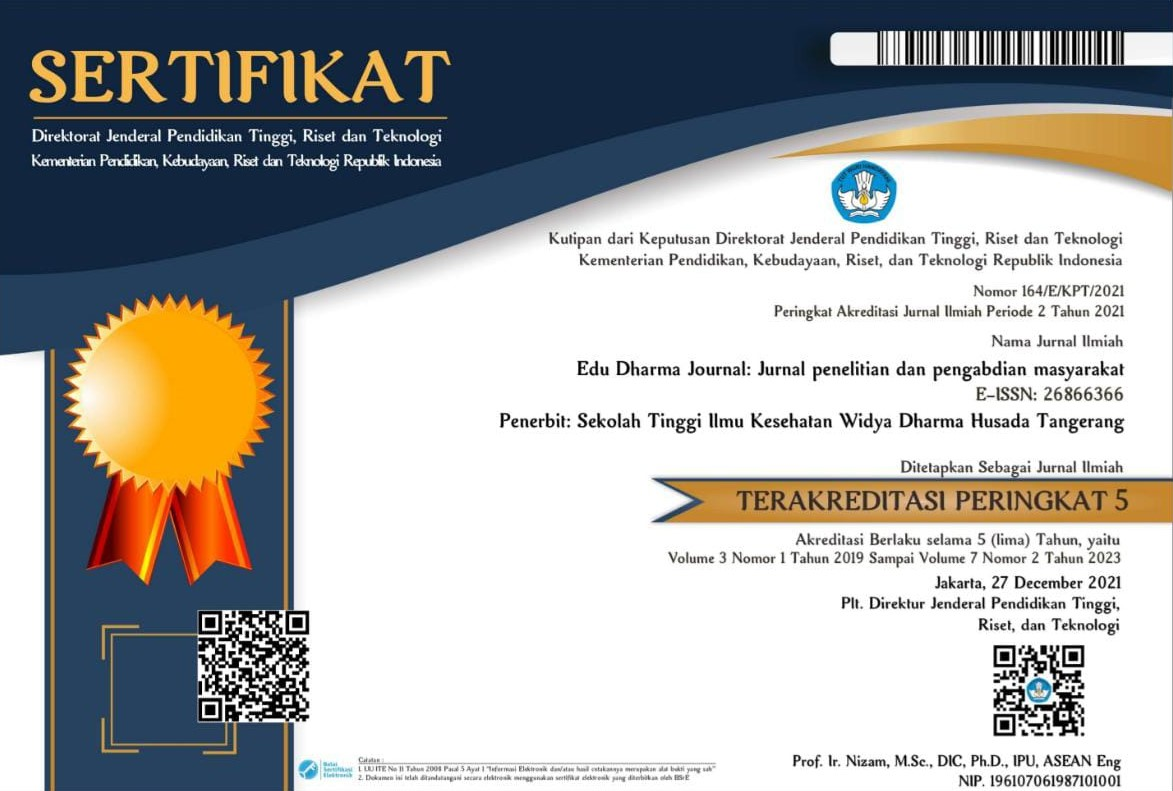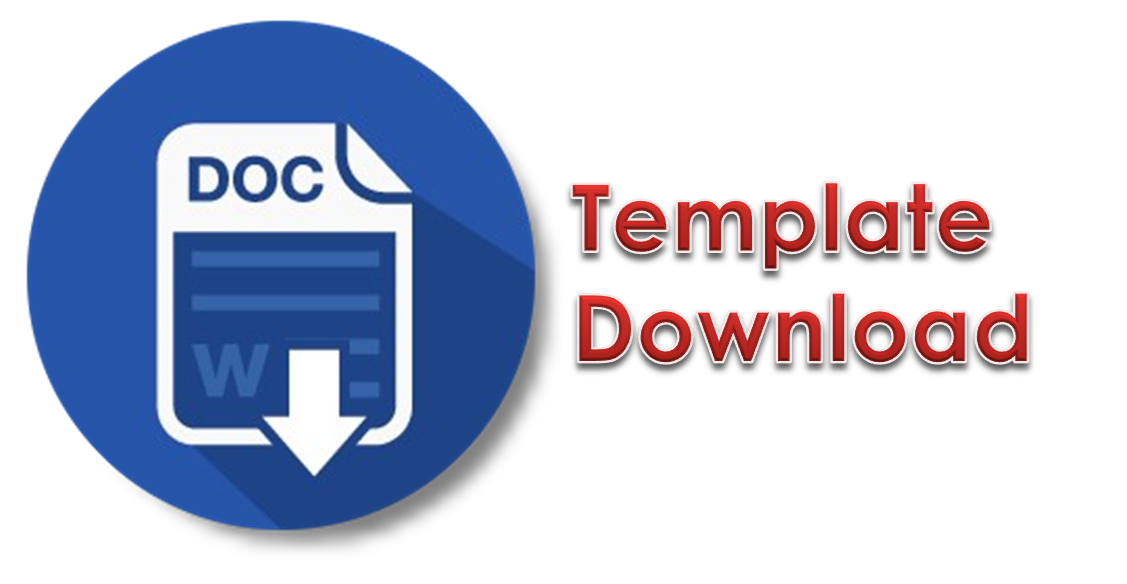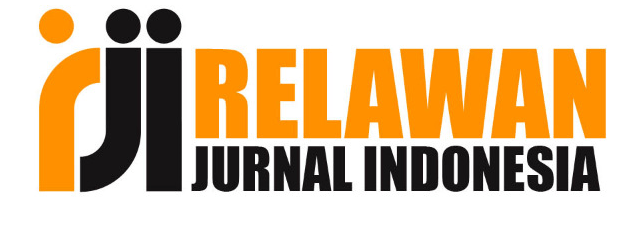PEMANFAATAN APLIKASI MHEALTH TERHADAP MANAJEMEN NYERI KRONIS ANAK : TELAAH LITERATUR
Abstract
ABSTRACT
Chronic pain in children is unpleasant experience and has a negative impact on physical function, family, academic, social and future disorders, thereby reduce children’s quality of life. The purpose of this literature review is to describe the utilization of the mHealth application to improve chronic pain management in children in a home setting. The literature review of this article was obtained from the data base on Scopus, Google Schoolar, CINAHL and MEDLINE from 2017 – 2021, the respondents were children using several keywords. The mHealth app is feasible and acceptable so that it becomes a solution for chronic pain intervention in children. Psycological therapy and cognitive behavioral therapy (CBT) interventions in the mHealth app are provided in an attractive form so as to increase the effectiveness of reducing pain in children and the involvement of parents and health care providers. Self-management programs for pain can lead to increased feeling of autonomy and self-efficacy which are important factor for behavioral change and successful pain management. Applications of chronic pain management in children include pain assessment, training in pain management intervention skills, and facilitating patient-provider communication. The mHealth app for chronic pain in children can be applied in Indonesia and enriches pediatric pain management.
ABSTRAK
Nyeri kronis pada anak merupakan pengalaman yang tidak menyenangkan dan berdampak negatif terhadap fungsi fisik, keluarga, gangguan akademik, sosial dan masa depan anak sehingga menurunkan kualitas hidup anak. Tujuan telaah literatur ini adalah menjelaskan pemanfaatan aplikasi mHealth untuk meningkatkan manajemen nyeri kronis pada anak di seting rumah. Telaah literatur artikel ini didapatkan dari data base pada Scopus, Google Schoolar, CINAHL dan MEDLINE tahun 2017 - 2021, responden adalah anak dengan menggunakan beberapa kata kunci. Aplikasi mHealth layak digunakan dan dapat diterima sehingga menjadi solusi intervensi nyeri kronis pada anak. Intervensi terapi psikologi dan cognitive behavioral therapy (CBT) pada aplikasi mHealth diberikan dalam bentuk yang menarik sehingga meningkatkan efektifitas penurunan nyeri pada anak dan keterlibatan orang tua serta penyedia layanan kesehatan. Program self-management untuk nyeri dapat menyebabkan peningkatan perasaan otonomi dan self-efficacy yang merupakan faktor penting untuk perubahan perilaku dan kesuksesan manajemen nyeri. Aplikasi manajemen nyeri kronis pada anak meliputi penilaian nyeri, pelatihan ketrampilan intervensi manajemen nyeri, dan memfasilitasi komunikasi pasien-penyedia. Aplikasi mHealth terhadap nyeri kronis pada anak dapat diterapkan di Indonesia dan memperkaya manajemen nyeri pediatrik.
Keywords
References
Anggita, G. R. (2021) Penggunaan Aplikasi Kesehatan dalam Penatalaksanaan Nyeri kronis. Available at: https://www.alomedika.com/penggunaan-aplikasi-kesehatan-dalam-penatalaksanaan-nyeri-kronis.
Cooke, M. et al. (2021) ‘myPainPal: Co-creation of a mHealth app for the management of chronic pain in young people’, Informatics for Health and Social Care, 46(3), pp. 291–305. https://doi.org/10.1080/17538157.2021.1892697.
Domhardt, M. et al. (2021) ‘Efficacy of digital health interventions in youth with chronic medical conditions: A meta-analysis’, Internet Interventions, 24. https://doi.org/10.1016/j.invent.2021.100373.
Efendi, D. and Sari, D. (2017) ‘Aplikasi Mobile–Health sebagai Upaya Peningkatan Kualitas Pelayanan Keperawatan Anak dengan Penyakit Kronis pada Setting Home Hospital’, Jurnal Keperawatan Indonesia, 20(1), pp. 1–8. https://doi.org/10.7454/jki.v20i1.447.
Fisher, E. et al. (2019) ‘Psychological therapies (remotely delivered) for the management of chronic and recurrent pain in children and adolescents’, Cochrane Database of Systematic Reviews, 2019(4), pp. 1–57. https://doi.org/10.1002/14651858.CD011118.pub3.
Harrison, L. E. et al. (2019) ‘Best-evidence for the rehabilitation of chronic pain part 1 : Pediatric pain’. https://doi.org/10.3390/jcm8091267.
Hockenberry, M. J. and David, W. (2015) Wong’s Nursing Care of Infants and Children 10th Edition, Nursing Care of Infants and Children.
Hunter, J. F. et al. (2020) ‘A pilot study of the preliminary efficacy of Pain Buddy: A novel intervention for the management of children’s cancer-related pain’, Pediatric Blood and Cancer, 67(10), pp. 1–7. https://doi.org/10.1002/pbc.28278.
Hunter, J. F., Kain, Z. N. and Fortier, M. A. (2019) ‘Pain relief in the palm of your hand : Harnessing mobile health to manage pediatric pain’, 29(2), pp. 120–124. https://doi.org/10.1111/pan.13547.
Kassam-Adams, N. et al. (2019) ‘Scopus - Document details - Evaluating the acceptability and validity of assessing pain and posttraumatic stress symptoms in an adaptable eHealth system for school-age children.pdf’, Clinical practice in Pediatric Psychology, 7(1), pp. 9–19. https://doi.org/10.1037/cpp0000261.
La Vega, R., Ritterband, L. and Palermo, T. M. (2020) ‘Assessing digital health implementation for a pediatric chronic pain intervention: Comparing the re-aim and bit frameworks against real-world trial data and recommendations for future studies’, Journal of Medical Internet Research, 22(9). https://doi.org/10.2196/19898.
Miale, S. et al. (2019) ‘Academy of Oncologic Physical Therapy EDGE Task Force on Cancer : A Systematic Review of Outcome Measures for Pain in Children’, 37(2), pp. 47–54. https://doi.org/10.1097/01.REO.0000000000000165.
Palermo, T. M., Zempsky, W. T., et al. (2018) ‘iCanCope with Sickle Cell Pain: Design of a randomized controlled trial of a smartphone and web-based pain self-management program for youth with sickle cell disease’, Contemporary Clinical Trials, 74(July), pp. 88–96. https://doi.org/10.1016/j.cct.2018.10.006.
Palermo, T. M., de la Vega, R., et al. (2018) ‘Mobile health intervention for self-management of adolescent chronic pain (WebMAP mobile): Protocol for a hybrid effectiveness-implementation cluster randomized controlled trial’, Contemporary Clinical Trials, 74(May), pp. 55–60. https://doi.org/10.1016/j.cct.2018.10.003.
Palermo, T. M. et al. (2020) ‘A digital health psychological intervention (WebMAP Mobile) for children and adolescents with chronic pain: results of a hybrid effectiveness-implementation stepped-wedge cluster randomized trial’, Pain, 161(12), pp. 2763–2774. https://doi.org/10.1097/j.pain.0000000000001994.
Ricci, S. S. and Kyle, T. (2009) Maternity and Pediatric nursing. Philadelphia: Wolters Kluwer Health.
Richardson, P. A. et al. (2020) ‘mHealth for pediatric chronic pain: state of the art and future directions’, Expert Review of Neurotherapeutics, 20(11), pp. 1177–1187. https://doi.org/10.1080/14737175.2020.1819792.
Schults, J. et al. (2018) ‘mHealth Applications for Children and Young People With Persistent Pain: A Scoping Review’, Clinical Nursing Research, 28(7), pp. 779–794. https://doi.org/10.1177/1054773818795078.
Shaygan, M. and Jaberi, A. (2021) ‘The effect of a smartphone-based pain management application on pain intensity and quality of life in adolescents with chronic pain’, Scientific Reports, 11(1), pp. 1–12. https://doi.org/10.1038/s41598-021-86156-8.
Utami, A. R. and Rahman, L. O. A. (2020) ‘Efektifitas Aplikasi mHealth Terhadap Manajemen Nyeri Kanker Anak Usia Remaja: Literatur Review’, Jkep, 5(1), pp. 13–21. https://doi.org/10.32668/jkep.v5i1.286.
DOI: http://dx.doi.org/10.52031/edj.v6i1.274
Refbacks
- There are currently no refbacks.
Copyright (c) 2022 SITI WAHYUNI, ANDI AMALIA WILDANI
Sekolah Tinggi Ilmu Kesehatan Widya Dharma Husada Tangerang
Pajajaran Street Number 1 Pamulang,
South Tangerang City, Banten Province, Indonesia, 15417
Telephone: 021-74716128 / Handphone : 089529263441
Edu Dharma Journal: Jurnal Penelitian dan Pengabdian Masyarakat by the Sekolah Tinggi Ilmu Kesehatan Widya Dharma Husada Tangerang is distributed under the Attribution-ShareAlike 4.0 International (CC BY-SA 4.0).
Based on the work at http://openjournal.wdh.ac.id/.






